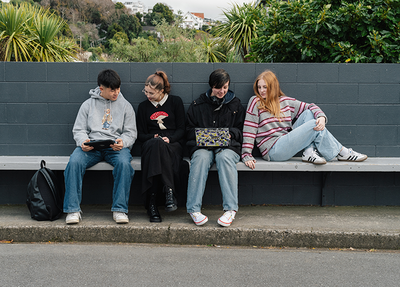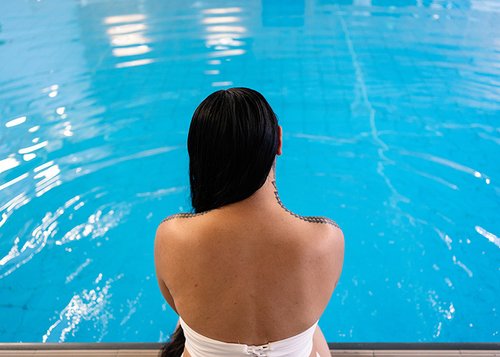Classification Office to collaborate with Project Arachnid
The New Zealand Classification Office has started a one year pilot collaboration with Project Arachnid, a global tool to decrease the availability of child sex abuse material on the internet.
Chief Censor David Shanks said the worldwide scope of the Canadian Centre for Child Protection’s Project Arachnid will mean New Zealanders can benefit from increased data and reporting whilst contributing to a leading global anti-child sex abuse material (CSAM) initiative.
Project Arachnid includes web-crawling software first introduced in 2017 which systematically browses the internet searching for known CSAM material. Once suspected material is found a notice is sent to the provider requesting its removal. The software detects content at a pace that far exceeds traditional methods, processing tens of thousands of images per second.
“CSAM is a growing issue. The online nature of this content means we must work globally and collectively to combat it. The Canadian Centre for Child Protection is one of the leading producers of statistics and guidance around prevalence of child sexual exploitation online. We welcome this collaboration with a charity dedicated to the personal safety of all children," said Mr Shanks.
New Zealand’s role in the project will be to assess material detected through the project. Classification Advisors will be trained to assess objectionable material according to the Project Arachnid criteria which differs from objectionable criteria under the Films, Videos and Publications Classification Act 1993.
During the one year pilot advisors will spend several hours each month working through and confirming suspected CSAM material. The Classification Office won’t receive payment for providing assessment services and each party will be responsible for their own costs incurred in the collaboration. The project will be reviewed after one year.
“We will be joining a queue of analysts from around the world which the Project can draw on and assign analysis tasks to. We will receive monthly reports on data relating to New Zealand and our team will benefit from the professional development of this project.
“This collaboration recognises that the horrific crimes involving CSAM do not respect national borders and the challenge to combat this is a global one. By teaming up with the Canadian Centre for Child Protection we are looking to improve things globally and for New Zealanders.” said Mr Shanks.
“Survivors and children need us to come together and fight to get this horrific content, showing the worst moments of their lives, off the internet and out of the reach of offenders,” said Lianna McDonald, Executive Director of the Canadian Centre for Child Protection.
“A global epidemic requires a global response, and that’s exactly what this collaboration is about. We are so pleased that New Zealand is joining the 10 other international agencies working in Project Arachnid.”
About the Canadian Centre for Child Protection
A national charity dedicated to the personal safety of all children. It seeks to reduce the sexual abuse and exploitation of children, assist in locating missing children, and prevent child victimisation through programmes, services and resources for families, educators, law enforcement and other parties. Project Arachnid was introduced in 2016 to reduce the availability of child sexual abuse images and videos globally.
About Te Mana Whakaatu - Classification Office
The Te Mana Whakaatu - Classification Office is an independent Crown entity established under the Films, Videos, and Publications Classification Act 1993, responsible for classifying publications that may need to be restricted or banned. The legal definition of a ‘publication’ covers a wide range of mediums such as films, videos, music recordings, books, magazines, video games and online content. The Office undertakes the review and classification of Crown-submitted content and this makes up about half of the material classified by the Office. The majority of that work is child sexual abuse material. We conduct research and produce evidence-based resources to promote media literacy and enable New Zealanders to make informed choices about what they watch.
Subscribe to our news
Stay up to date with news from the Classification Office.


